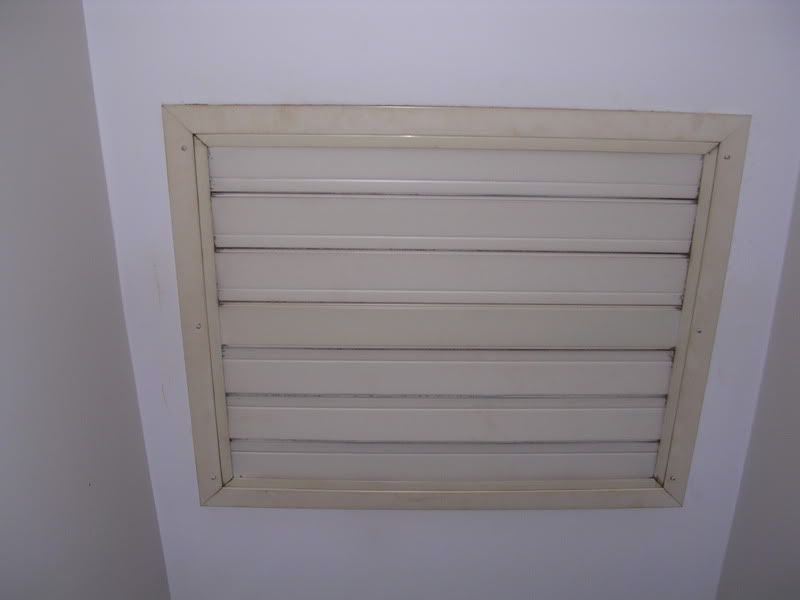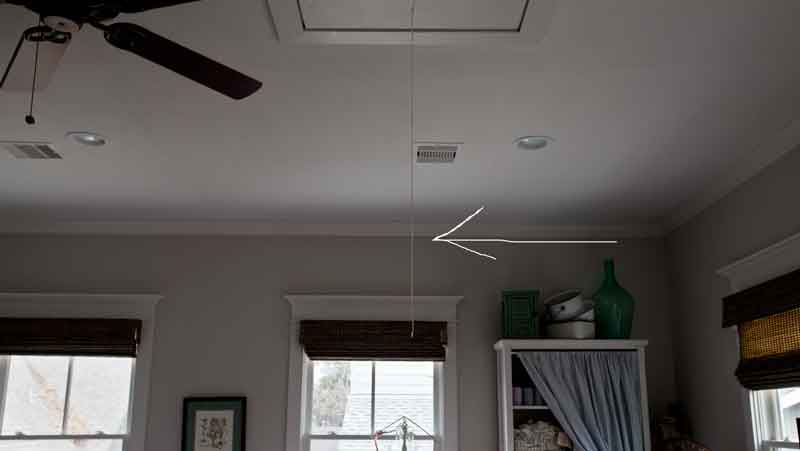Will Comfrey Provide Comfort?
I have been reading about natural remedies and how people used to treat certain ailments and I thought it would be interesting to experiment. Before you get the mistaken impression that I'm going to use leeches or engage in blood-letting, let me tell you that Benjamin has been running track and is suffering with muscle soreness. He comes home from practice complaining and we want to try to help him.
In this post we talked about growing comfrey in our garden back by the compost pile. In that post we also discussed the healing properties that the leaves have as they contain allantoin, a chemical compound that has positive results in relieving soreness, inflammation, and skin irritation. It has been shown to aid in cell regeneration and help with muscle and joint pain.
So we decided last night to make a Comfrey Poultice. A poultice is described as being "a soft, moist mass of plant material applied to the body to relieve soreness and irritation and held in place with a cloth." I looked at several websites and used a combination of "recipes" to make our comfrey poultice. Here's how we did it:
First, I walked out to the garden and snipped off about a dozen mature comfrey leaves. Comfrey leaves are large, leathery, and fragrant. There were a few stink bugs that were on the leaves so I washed the leaves up, sending the stink bugs down the drain and into a watery oblivion.
 |
| Comfrey Leaves from our Farmacy |
 |
| Chopped up comfrey leaves |
Put them all in a food processor and puree. It doesn't take very long for the leaves to turn into a substance that looks just like pesto, BUT DON'T EAT IT! Comfrey is toxic if taken internally. It is just to be used topically.
 |
| Comfrey Puree |
When it is fully pureed, it will be a little too "liquidy" so get a 1/2 cup or so of flour and throw in there. The flour acts as a binding agent to firm things up into a dough-like substance.
 |
| Adding Flour |
Once you use the processor to mix the flour in, you can see that it has a firmer consistency.
 |
| Thickened up |
Now that your comfrey is processed, you can make your poultice. I used an old T-shirt that I cut up to fit the size of the sore area on Benjamin's leg. It runs from just below his kneecap to his ankle, so I had to make a long bandage. You'll want to adjust the size of this recipe and the cloth to the body part that you are treating. Now use a spatula to remove the pureed comfrey from the food processor and apply to the cloth bandage.
I'll admit, this looks like something you might find in a diaper, but I decided not to judge a book by it's cover and pressed on.
 |
| No, this isn't what you think it is! |
Carefully take the poultice and apply it to the affected area, ensuring that the comfrey/flour mixture comes in contact with the skin. I used strips of the T-shirt to tie the poultice in place.
 |
| Healing for a sore leg |
Tricia wrapped it further in a trash bag so that the green comfrey juice wouldn't drip on the carpet.
 |
| Heal Thyself! |
Benjamin was a good, patient patient! He allowed us to doctor on him. You are supposed to leave the poultice on for 4 - 6 hours and he complied. I called at lunch today to ask if Benjamin had felt any relief as a result of applying the comfrey poultice. Benjamin said that he thought it felt better but wasn't really sure.
I know that is not a resounding testimonial and certainly not what I was hoping for. We'll try the comfrey poultice again for rashes to see if it has healing effects as allantoin is used in topical ointments and creams for skin irritations. We'll report back our experiences when we experiment again.












































